Brazilian television dramas serve as a reflection of the country’s diverse and multifaceted society, showcasing various social issues such as class disparity, racial diversity, and family dynamics. The narratives often feature complex characters from different social backgrounds, including wealthy elites and marginalized communities, highlighting economic inequalities and cultural traditions. Prominent themes include love, betrayal, and […]
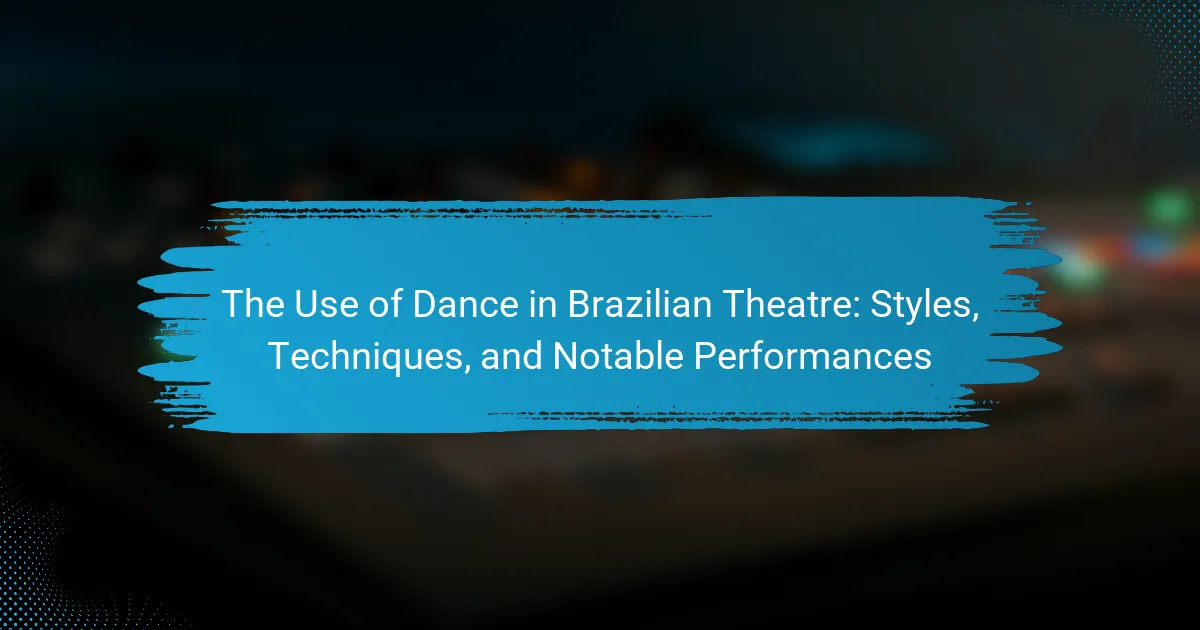
The Use of Dance in Brazilian Theatre: Styles, Techniques, and Notable Performances
Dance is a fundamental component of Brazilian theatre, significantly enhancing storytelling and cultural expression. It encompasses various styles, including samba, capoeira, and folk dances, each contributing to the emotional depth and narrative richness of performances. Notable productions such as “O Rei da Vela,” “A Ópera do Malandro,” and “Carmen Miranda: A História de uma Rainha” […]

Highlights of Funk Carioca: Cultural Context, Key Tracks, and Influential Artists
Funk Carioca is a music genre that originated in the favelas of Rio de Janeiro, Brazil, combining hip-hop, electronic music, and traditional Brazilian rhythms. This genre, known for its fast-paced beats and explicit lyrics, emerged in the 1980s and gained traction in the 1990s, reflecting the socio-cultural realities of its communities. Key tracks such as […]
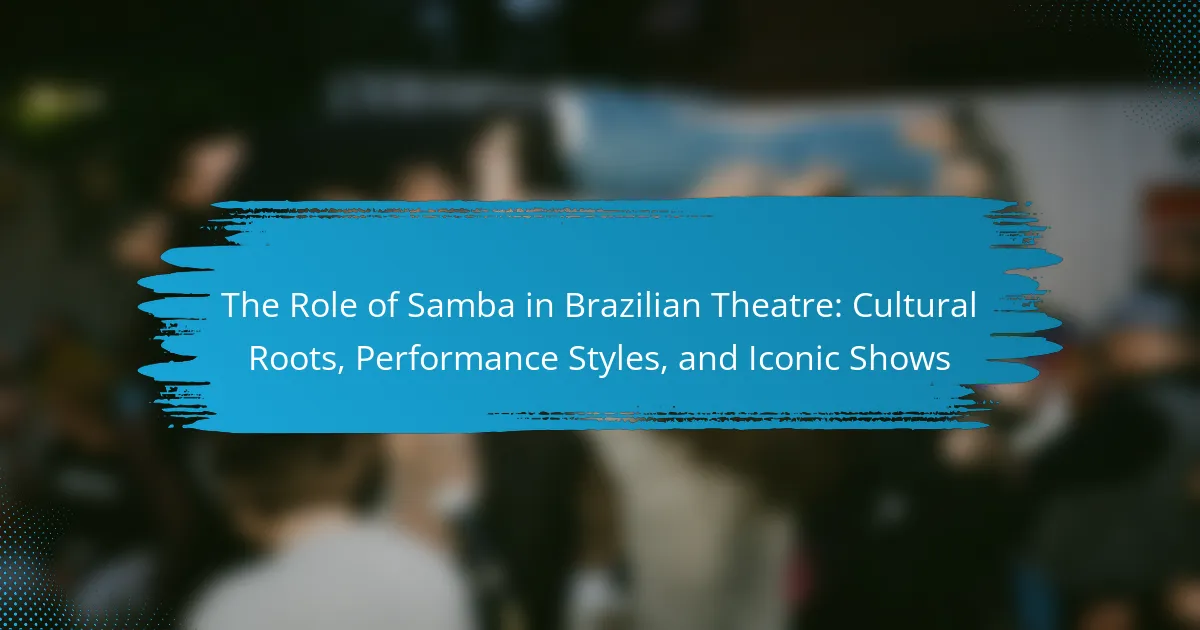
The Role of Samba in Brazilian Theatre: Cultural Roots, Performance Styles, and Iconic Shows
Samba is a significant cultural entity in Brazilian theatre, characterized by its integration of music, dance, and storytelling. This genre not only enhances theatrical performances but also reflects the socio-political dynamics of Brazil, addressing themes such as identity, resistance, and celebration rooted in Afro-Brazilian culture. Historical events like Carnival demonstrate samba’s influence on theatrical productions, […]
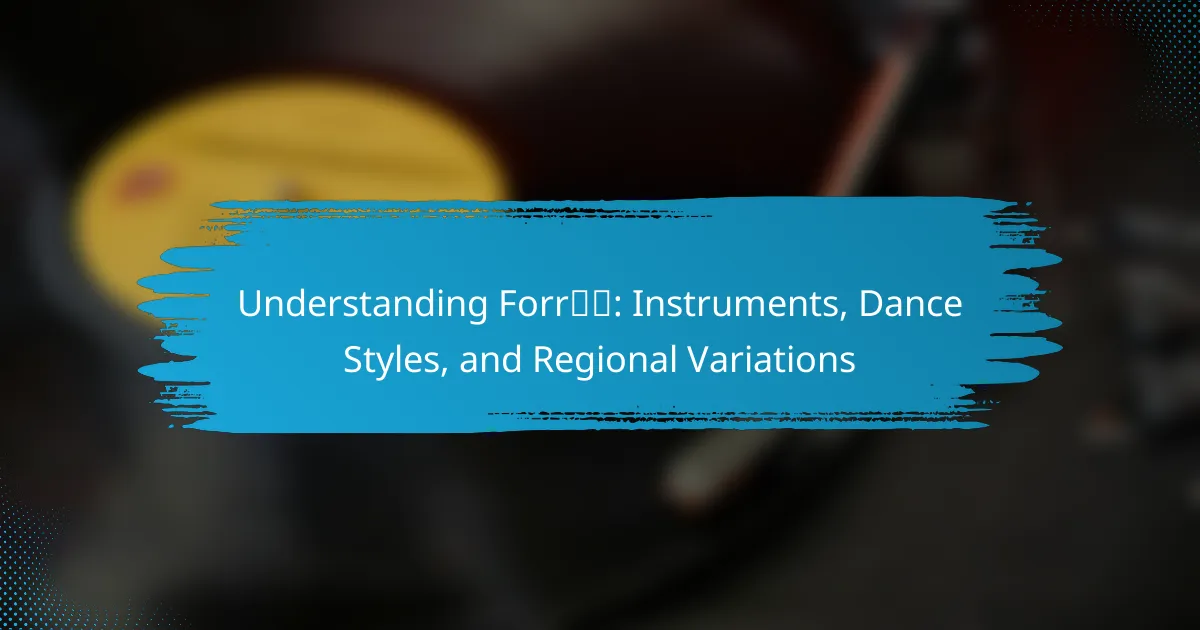
Understanding Forró: Instruments, Dance Styles, and Regional Variations
Forró is a traditional Brazilian music and dance genre that originated in the northeastern region of Brazil in the early 20th century. It encompasses various musical styles, including baião, xote, and quadrilha, and is characterized by lively partner movements and footwork. Key instruments in Forró music include the accordion, zabumba, and triangle, which together create […]
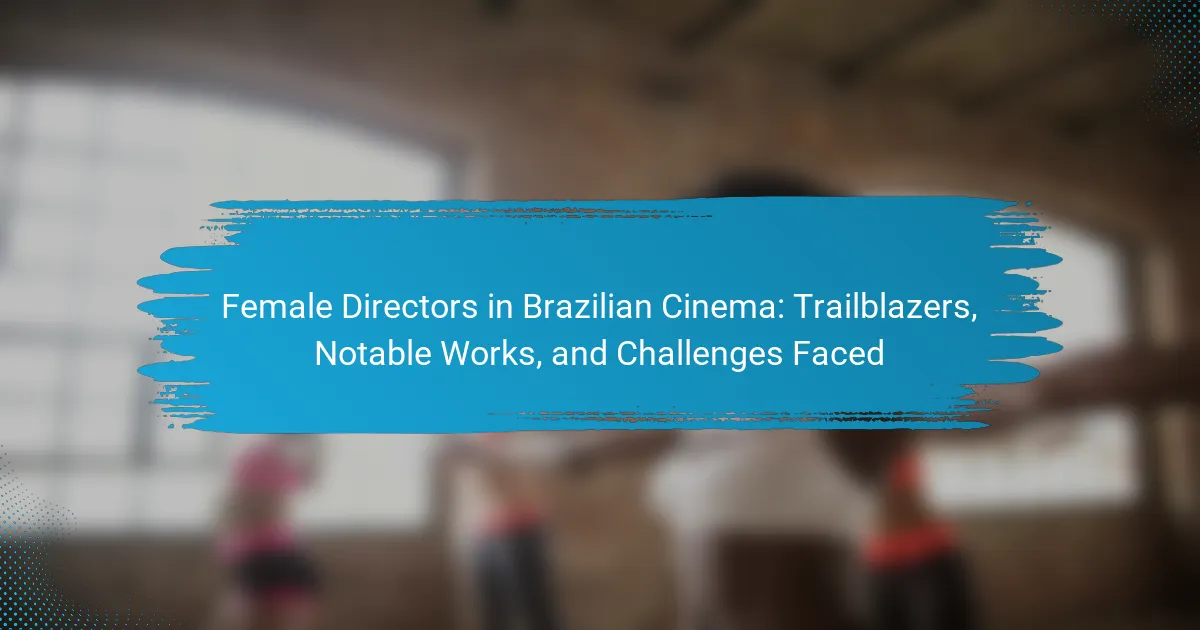
Female Directors in Brazilian Cinema: Trailblazers, Notable Works, and Challenges Faced
Female directors in Brazilian cinema significantly influence the industry by presenting diverse narratives and addressing critical social issues such as gender equality and cultural identity. Notable figures like Ana Muylaert and Petra Costa have gained international acclaim for their films, which often focus on women’s experiences in Brazilian society. Recent statistics indicate that female directors […]
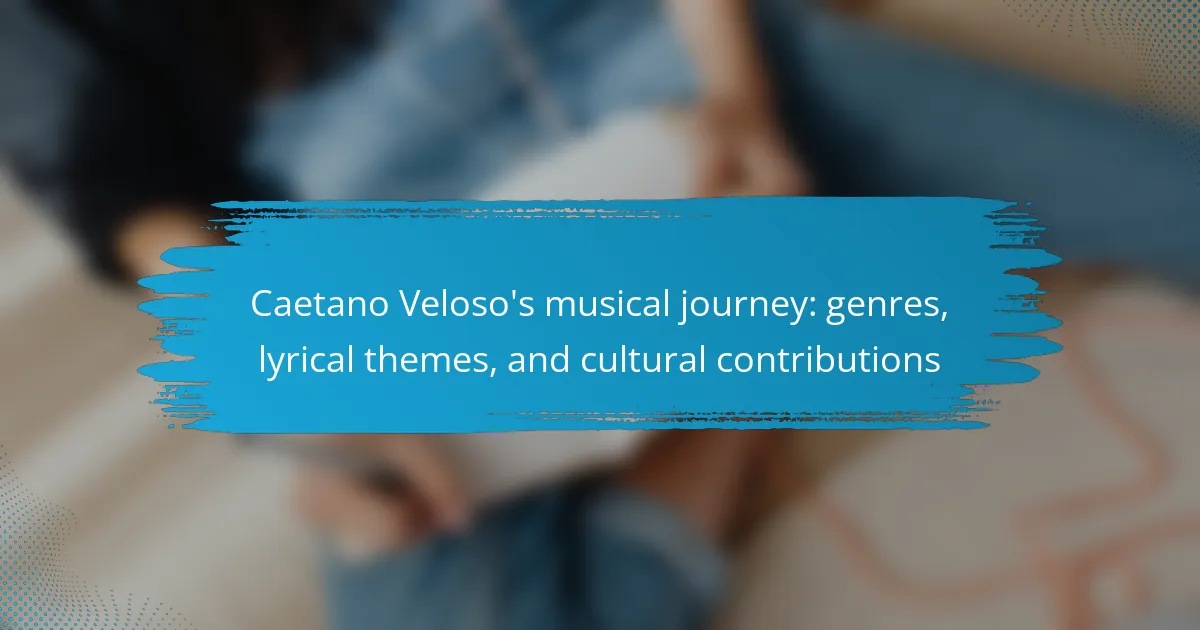
Caetano Veloso’s musical journey: genres, lyrical themes, and cultural contributions
Caetano Veloso is a prominent Brazilian musician known for his innovative fusion of traditional Brazilian music with international genres, particularly rock and pop. As a key figure in the Tropicália movement of the 1960s, he has profoundly influenced the cultural landscape of Brazil through his socially and politically charged lyrics. Veloso’s extensive discography includes over […]
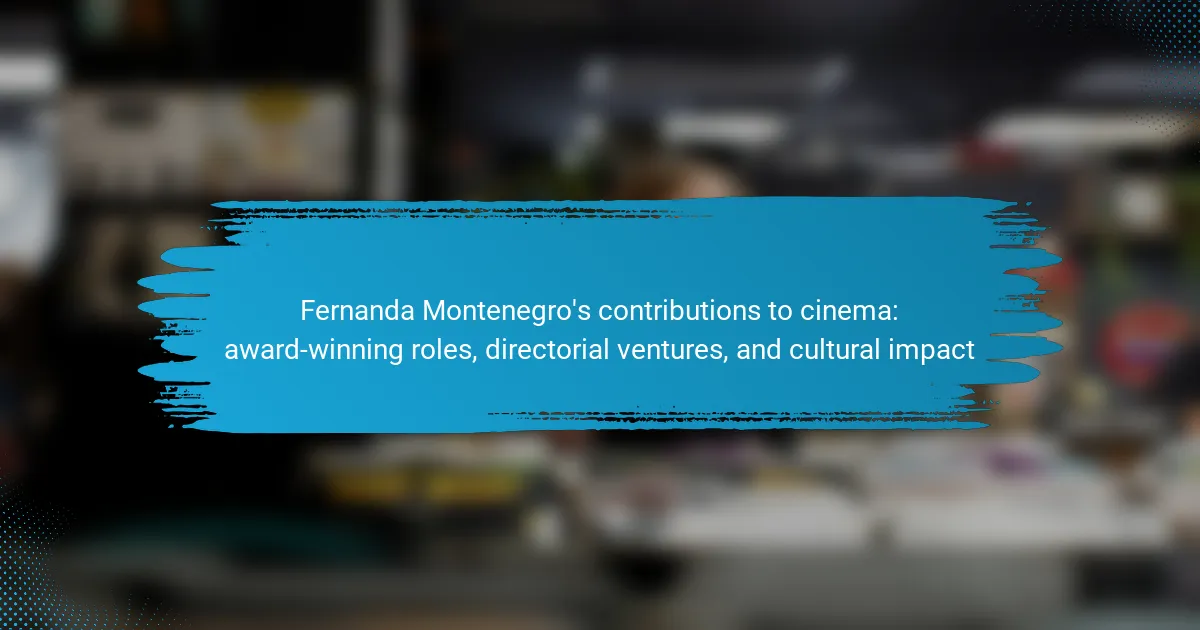
Fernanda Montenegro’s contributions to cinema: award-winning roles, directorial ventures, and cultural impact
Fernanda Montenegro is a prominent figure in Brazilian cinema, known for her award-winning performances and significant influence on the film industry. Her role in “Central Station” garnered international acclaim, earning her an Academy Award nomination and showcasing Brazilian culture globally. Montenegro’s career spans several decades, during which she has portrayed complex female characters and directed […]

The Role of Social Media in Promoting Brazilian TV Shows: Engagement Strategies and Audience Growth
Social media is a vital platform for promoting Brazilian TV shows, facilitating direct engagement with audiences and enhancing viewer loyalty. TV networks utilize social media to share trailers, behind-the-scenes content, and conduct live Q&A sessions, fostering community interaction. Key engagement strategies include interactive polls, user-generated content, and the use of hashtags to promote discussions. The […]

The Development of Brazilian Sports Broadcasting: Key Events, Commentary Styles, and Viewer Engagement
The article examines the development of Brazilian sports broadcasting, detailing its evolution from the 1930s with radio broadcasts of soccer matches to the first televised event during the 1950 FIFA World Cup. It highlights the emergence of major networks like TV Globo and the impact of cable and satellite technology in the 1980s and 1990s, […]
